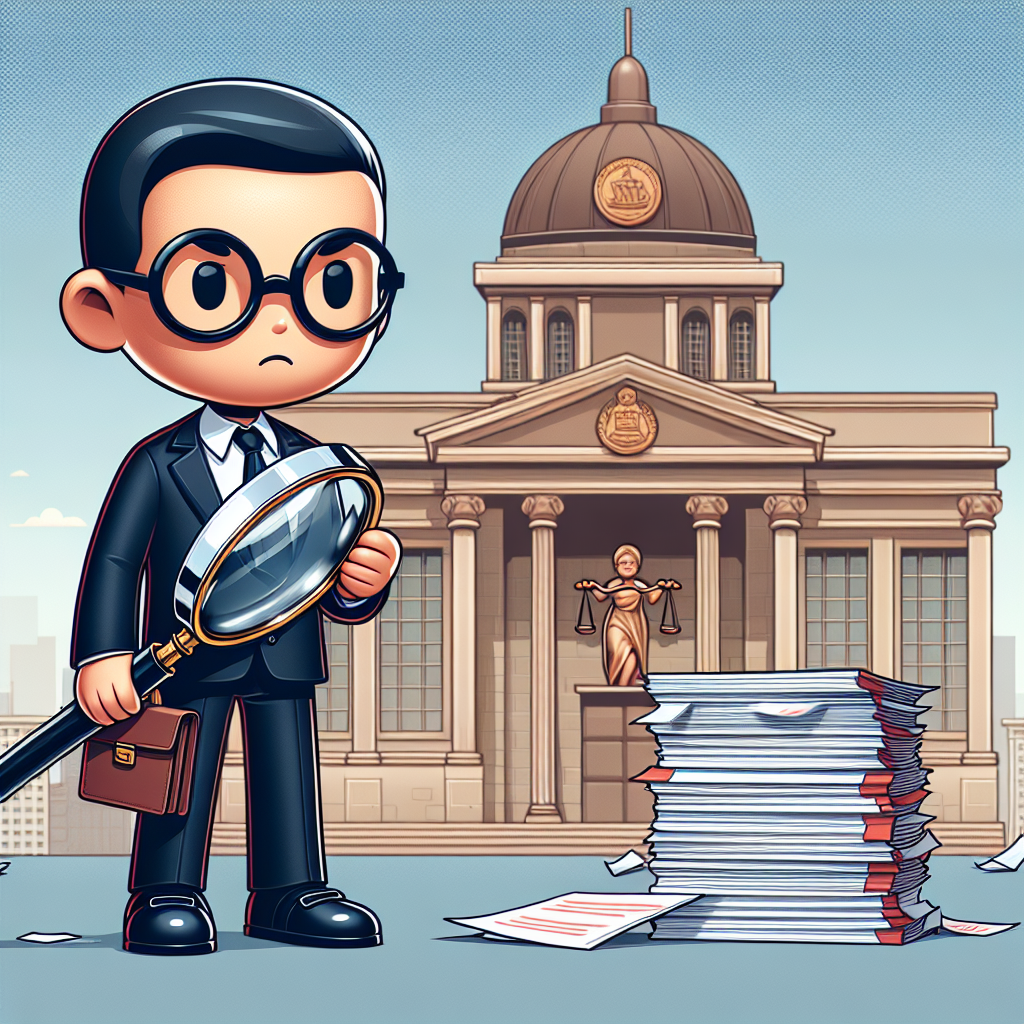UN Expert Warns of Threats to Judicial Independence in Ecuador Amid Political Pressure
The suspension provoked strong backlash from the executive branch. Senior officials accused the Court of undermining national security and siding with “enemies of the people.”

An independent United Nations human rights expert has raised alarm over mounting threats and intimidation directed at Ecuador’s Constitutional Court, warning that recent statements and actions by top public officials jeopardize the country’s democratic institutions and judicial independence.
Mounting Political Pressure on Judges
Margaret Satterthwaite, the UN Special Rapporteur on the Independence of Judges and Lawyers, expressed grave concern about political rhetoric from senior government figures, including President Daniel Noboa, that labeled Constitutional Court judges as “enemies of the citizenry.”
Her warning follows a series of events triggered by the Court’s 4 August 2025 ruling, which provisionally suspended elements of newly enacted laws promoted by the President. The Court argued that this step was necessary to prevent possible violations of fundamental rights while reviewing the constitutionality of the measures.
The suspension provoked strong backlash from the executive branch. Senior officials accused the Court of undermining national security and siding with “enemies of the people.” On 6 August, the Minister of Government escalated tensions by declaring on national television that the Court was “an enemy of the citizenry.”
Public March Against the Court
Tensions peaked on 12 August, when President Noboa led a large march against the Court in Quito. According to reports, hundreds of buses brought demonstrators to the capital, accompanied by a heavy security presence.
During the march, protesters carried placards branding judges as “corrupt,” while giant posters displayed the faces and names of the Constitutional Court magistrates. Banners accused them of “stealing peace” from the country.
In a public statement, the Court denounced the removal of its protective security perimeter and noted the unusual deployment of military personnel around its headquarters—an action perceived as intimidation.
Risks to Judicial Independence
Satterthwaite warned that such government-driven campaigns of discrediting judges not only undermine judicial independence but also erode public trust in democratic governance.
“When high-ranking officials label judges as ‘enemies of the citizenry’ for carrying out their duties, the independence of the judiciary is placed at risk,” she said. “These comments, particularly when made in response to judicial rulings, can significantly distort public perception and compromise the impartiality of the judiciary.”
She further cautioned that the government’s initiatives—including a proposed referendum scheduled for 14 December 2025 to allow impeachment of Constitutional Court judges—could amount to deliberate attempts to weaken institutional checks and balances.
A Pattern of Intimidation
The Special Rapporteur noted that Ecuador’s judicial independence has faced challenges in the past, but the scale of political pressure in recent weeks is unprecedented. The coordinated use of public marches, media messaging, and government-backed statements raises fears of a “chilling effect” on judges, preventing them from acting freely and without external coercion.
“All government institutions have a duty to safeguard the independence of the judiciary,” Satterthwaite stressed. “Protecting judges from intimidation, threats, and public vilification is essential to ensuring that they can perform their professional duties without fear of reprisal.”
The Broader Democratic Context
Observers note that Ecuador’s political climate has become increasingly polarized, with sharp tensions between executive authority and judicial oversight. Analysts warn that undermining the Constitutional Court risks destabilizing the rule of law and weakening democratic checks and balances in the country.
Judicial independence is a cornerstone of democratic governance, ensuring that no branch of government operates unchecked. International law requires states to protect judges from political pressure and harassment, and to respect the principle of separation of powers.
Call for Restraint and Accountability
Satterthwaite urged Ecuadorian authorities to refrain from further rhetoric or actions that could erode confidence in the judiciary. Instead, she called for political leaders to strengthen democratic institutions and demonstrate respect for court rulings, even when disagreeing with them.
“While disagreement with judicial decisions is natural in a democracy, political leaders bear a special responsibility,” she said. “They must use their platform to reinforce public trust in democratic systems, not undermine it.”
The UN Special Rapporteur confirmed that she has been in direct contact with the Government of Ecuador to raise these concerns and reiterated the importance of upholding judicial independence as a safeguard for human rights and the rule of law.
ALSO READ
Minister Accuses Rahul Gandhi of Undermining Democracy
Singhvi's Searing Critique: Democracy on a Ventilator
Guarding Democracy: Abhishek Singhvi Speaks Out Against Constitutional Erosions
Defending Democracy: Abhishek Singhvi's Call to Action Against Constitutional Crisis
El Salvador's President Paves Path to Power: Democracy at Stake










